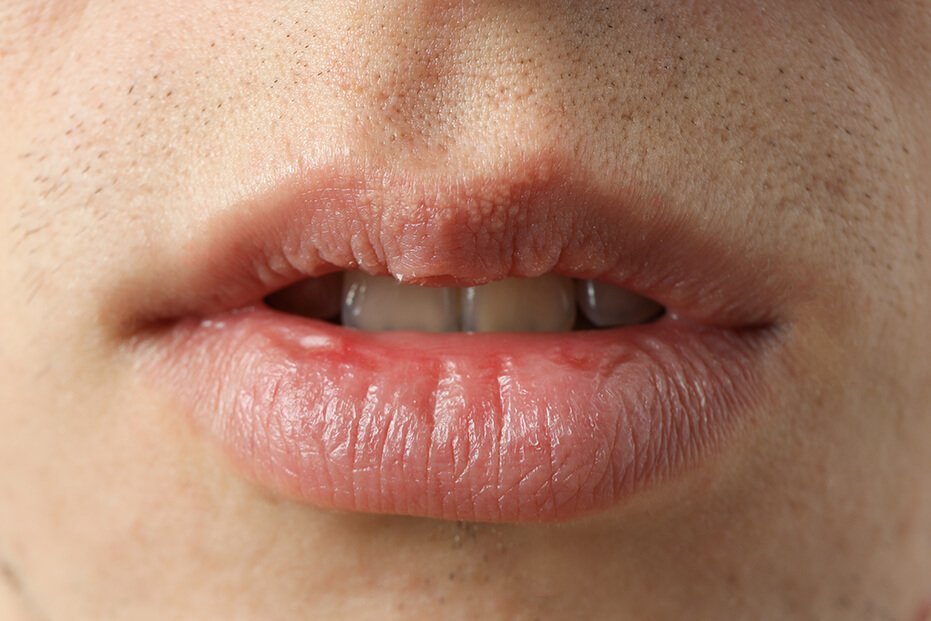Dry Mouth: A Comprehensive Guide to Oral Health
Dry Mouth: A Comprehensive Guide to Oral Health
In the vast spectrum of oral health, a condition often underestimated but impactful is dry mouth, or xerostomia. While it can affect individuals of various ages, it’s especially crucial for seniors to be aware of its implications. It is more than just an inconvenience; it can be a gateway to a cascade of oral health problems, including tooth decay, mouth sores, chapped lips, bad breath, and difficulties in chewing, speaking, or swallowing.
What Are The Causes?
The causes are multifaceted. One common trigger is medication, with as many as 500 prescription and over-the-counter drugs contributing to reduced saliva production. Radiation therapy for head and neck cancer can also damage the salivary glands, leading to chronic dry mouth. Additionally, several diseases, such as Sjögren’s syndrome, diabetes, and rheumatoid arthritis, may be associated with this condition. The natural aging process itself can bring about changes that make this condition more likely, further emphasizing its relevance to seniors’ oral health.
The Connection to Bruxism and Sleep Apnea
Now, let’s connect the dots between dry mouth and other oral health concerns. It is not an isolated issue but can be intertwined with conditions like Bruxism and Sleep Apnea. Bruxism, the grinding or clenching of teeth, is a condition that can be exacerbated by reduced saliva. When dry mouth leaves teeth less lubricated and more susceptible to friction, Bruxism can intensify, leading to enamel wear and jaw discomfort. Additionally, for individuals with Sleep Apnea, it can be a common symptom. The interrupted breathing patterns characteristic of Sleep Apnea often result in open-mouth breathing, causing dryness and discomfort.
Dry Mouth and Senior Citizens
Now, let’s connect the dots. This condition can be particularly concerning for seniors, who are more likely to experience it due to age-related factors and the medications they may be taking. The interplay between dry mouth and senior dental health is crucial to understand. Notably, reduced saliva production can affect how dentures fit. These dental prosthetics rely on a thin layer of saliva for stability, and insufficient saliva can lead to discomfort and mouth sores. So, if you or a loved one wears dentures, maintaining proper oral hygiene and regular dental visits are essential for ensuring their comfort and fit.
Combatting Mouth Dryness: Tips and Strategies
Now, let’s explore strategies to combat this condition. Seniors can benefit from sipping water or sugarless beverages regularly, avoiding caffeine and alcohol, and using sugar-free gum or candy to stimulate saliva production. The use of a humidifier at night can also help alleviate dry mouth symptoms. However, it’s equally important to steer clear of habits that can exacerbate the condition, such as tobacco use and consuming salty or spicy foods.
Oral Hygiene Is Key
Seniors with dry mouth should be extra vigilant about their oral hygiene. Regular brushing with a soft-bristled brush and fluoride toothpaste, as well as daily flossing or interdental cleaning, can help mitigate the increased risk of tooth decay associated with dry mouth. Dental visits are crucial, as your dentist can assess your salivary flow, inquire about your general health and medications, and provide preventive measures, such as fluoride applications or mouth rinses to maintain oral health.
The Senior Connection
While dry mouth can affect individuals of all ages, seniors encounter unique challenges. Effectively managing dry mouth is crucial for preserving overall oral well-being, especially as you enter your golden years. Taking proactive steps to address this condition contributes to a healthier, more comfortable smile as you age, ensuring that your oral health remains in top form.
In conclusion, dry mouth is a condition that warrants attention, particularly among seniors. By understanding its causes, effects, and preventive measures, you can navigate the challenges it poses to oral health. Embracing good oral hygiene practices and seeking guidance from your dentist are fundamental steps towards combating dry mouth and enjoying a vibrant smile, regardless of your age.

